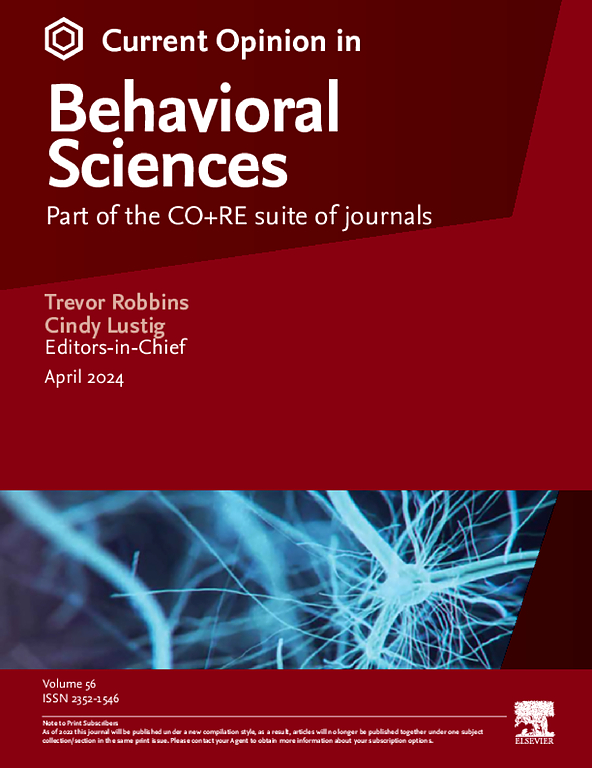社会经济地位与大脑发育:关于缺陷、适应和恢复力的见解和理论观点
IF 3.5
2区 心理学
Q1 BEHAVIORAL SCIENCES
引用次数: 0
摘要
社会经济地位(SES)与大脑结构、功能和发育差异之间的联系一直是发展社会与认知神经科学(DSCN)研究的一个主要领域。在这样的背景下,许多努力旨在揭示低SES和神经认知挑战或缺陷之间的联系。我们从全面的文献计量分析中确定了主要的理论DSCN框架。然后,我们通过“审查的审查”和其中的关键论文的范围审查对每个框架的支持。最后,我们探讨了干预措施的含义和见解。我们的回顾支持一个平衡的观点,不能简化为涉及个别儿童或父母缺陷的简单线性因果关系。相反,它涉及复杂的社会结构和非线性发展过程,利用脆弱性来促进适应和/或恢复力。目前的综合研究表明,个人、家庭和宏观层面的社会公共卫生计划可以缓冲低社会经济地位与大脑预后之间的有害联系。本文章由计算机程序翻译,如有差异,请以英文原文为准。
Socioeconomic status and brain development: insights and theoretical perspectives on deficit, adaptation, and resilience
The link between socioeconomic status (SES) and differences in brain structure, function, and development has been a major area of developmental social and cognitive neuroscience (DSCN) research. In such a context, much effort aimed at uncovering links between low SES and neurocognitive challenges or deficits. We identify the main theoretical DSCN frameworks from a comprehensive bibliometric analysis. Then, we review support for each framework through a scoping ‘review of reviews’ and key papers therein. Finally, we explore implications and insights for interventions. Our review supports a balanced perspective not reducible to simple linear causal links involving individual children’s or parental deficits. Instead, it relates to complex social structure and nonlinear developmental processes exploiting vulnerability to promote adaptation and/or resilience. The present synthesis suggests that social public health programs at individual, family, and macrolevel can buffer the harmful associations between low SES and brain outcomes.
求助全文
通过发布文献求助,成功后即可免费获取论文全文。
去求助
来源期刊

Current Opinion in Behavioral Sciences
Neuroscience-Cognitive Neuroscience
CiteScore
10.90
自引率
2.00%
发文量
135
期刊介绍:
Current Opinion in Behavioral Sciences is a systematic, integrative review journal that provides a unique and educational platform for updates on the expanding volume of information published in the field of behavioral sciences.
 求助内容:
求助内容: 应助结果提醒方式:
应助结果提醒方式:


